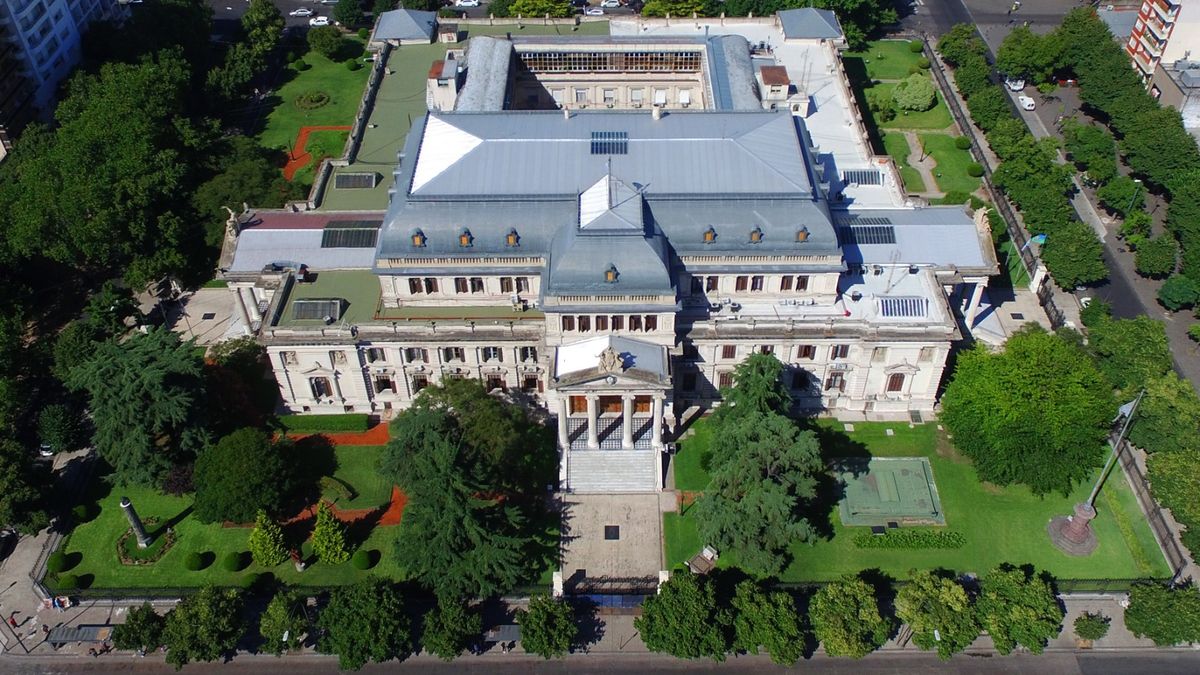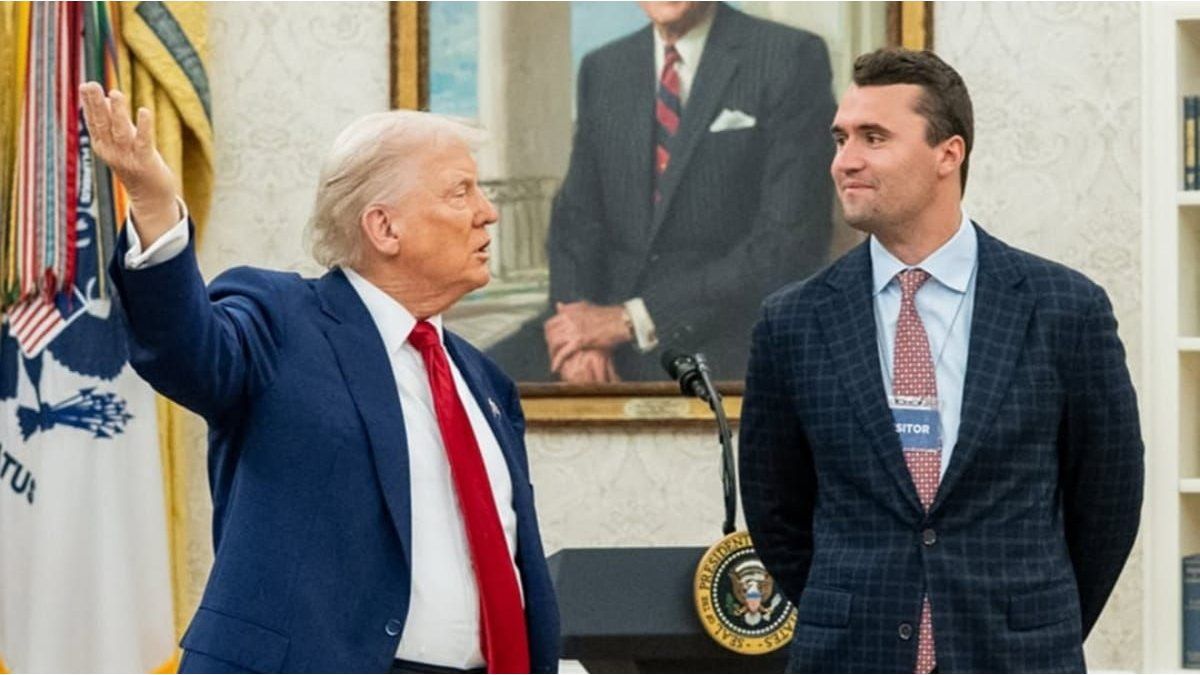In Deputies, Unión Renovación y Fe, those legislators who came through Milei’s list, but then broke up, set up a separate bench (who usually accompany Peronism in its initiatives)they are left without a seat and other smaller blocks, such as Civic Coalition, the Left Front, the PTS, and Libre also see their representation reduced by losing one legislator each.
Buenos Aires Chamber of Deputies.jpeg
Press Buenos Aires Chamber of Deputies
Who are the legislators who finish their mandate?
Block presidents, former mayors and party leaders finish their mandate in 2025. In the First Section, which includes 23 districts in the north and west of the Buenos Aires suburbs, 8 senators are elected. Today 4 make up Unión por la Patria; 2 the PRO and 2 “Freedom Advances 1”.
Among those who finish their mandate are the massista Sofia Vannellithe Kirchnerists Maria Teresa Garcia (bloc president) and Luis Vivona; the macristas Smoked Walnut (from Cristian Ritondo’s space) and Christian Gribaudo (from the Jorge Macri sector); the former PRO legislators who now belong to the libertarian sector Joaquin de la Torre and Daniela Reich (politically referenced in Mayor Diego Valenzuela).
In the Second, comprised of the 15 districts in the north of the province, 11 deputies are voted. Currently, Justicialism has 4 of them, Macriism has 2, Civic Agreement-UCR+GEN has 2, and UCR-Cambio Federal has 2.
PRO deputies finish in their seats Fernanda Antonijevic, former mayor of Baradero, and Matías Ranzini (president of the block); the peronists Naldo Brunellifrom the UOM; followed by the representative of La Cámpora Fernanda Diaz; the massist Carlos Pugleli; and the leader of Suteba Lucia Klug. Also, from the Abad sector, Viviana Dirolli and Julio Pasqualin; from the Lousteau sector, María Belén Malaisi and the former mayor of Rojas Claudio Rossi (from Abad’s space).
In the Third Electoral Section, made up of 19 districts in the southern area of the Buenos Aires suburbs, 18 deputies are elected. Today, 8 of them are from the PJ, 2 from the PRO, 2 from the UCR+GEN Civic Agreement, 2 from the LLA, 1 from the Unión Renovación y Fe, 1 from the Civic Coalition, 1 from the PTS Frente de Izquierda and 1 from the Frente de Izquierda and of the Workers.
Some of the suburban legislators whose mandate ends are the president of the Peronist bloc, the Camporista Facundo Tignanelliand the legislator close to Mayor Mario Secco, Susana Gonzalez; the legislator of Evolution and ex-postulant to the Provincial Committee, Pablo Domenichini; the former mayor of Quilmes Martiniano Molina; and the president of the Buenos Aires CC-ARI, Maricel Etchecoin Moroamong others.
Tignanelli.jpeg
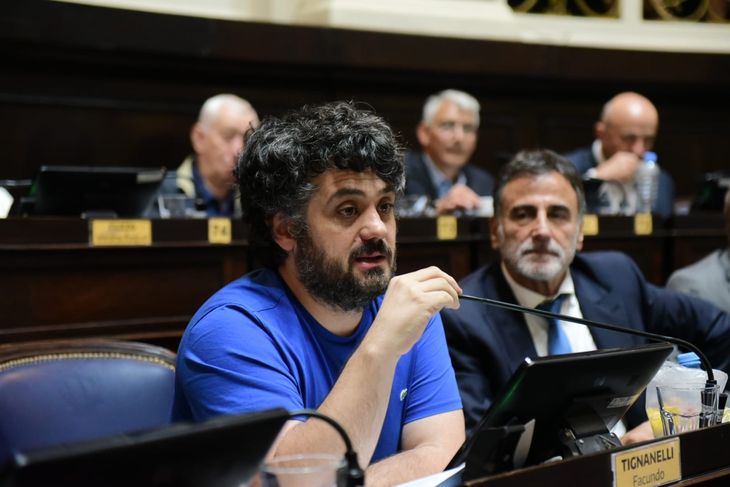
In the Fourth Electoral Section, made up of 19 districts in the northwest province, 7 senators are voted. Currently, one of those parliamentarians corresponds to the PRO, 3 to Justicialism and 3 to UCR-Cambio Federal.
The PRO legislator concludes her four years on the benches Yamila Alonsowhich is referenced to the mayor of Junín, Pablo Petrecca; Marcelo Dalettoa leader aligned with Emilio Monzó, and the radicals Eugenia Gil and Agustín Máspoliboth from the Abad sector; also the senator from La Cámpora María Elena Deaththe former mayor of Carlos Casares, Walter Torchioand Daniela Viera.
In the Fifth Section, made up of 23 districts in eastern Buenos Aires, 5 senators are elected. Today, 2 of them make up the Unión por la Patria bench; 1 from the Macrista block; and 2 from UCR-Cambio Federal.
The president of the PRO bloc in the Buenos Aires Senate, Alexander Rabinovichfrom the kidney of Mayor Guillermo Montenegro, is one of the legislators whose term ends; as well as the Peronists Pablo Obeid and Gabriela Demaríapolitically aligned with Mayor Juan De Jesús; and the radicals of Falvia Delmonte and Ariel Martínez Bordaisco.
p15-Alejandro Rabinovi_opt.jpeg
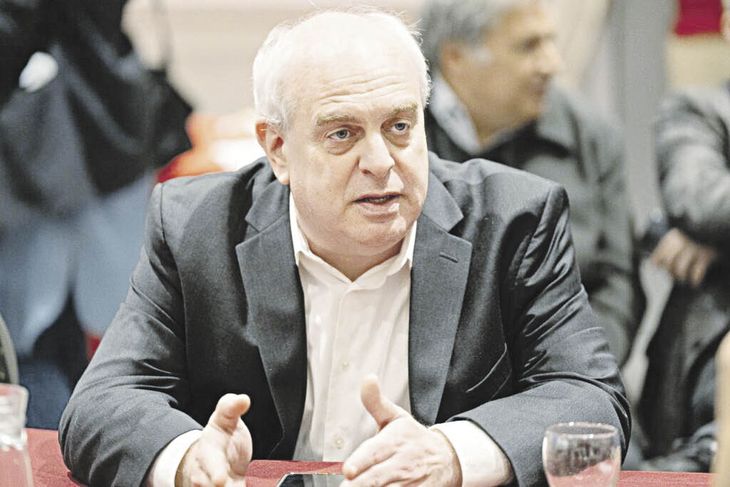
Alexander Rabinovich
Similarly, in the Sixth Section, made up of the 22 districts of the southern province, 11 deputies are elected. Currently, 4 belong to the Justicialista Party, 2 to UCR-Cambio Federal, 1 to PRO, 3 to LLA, 1 to Accord Cívico-UCR-GEN.
The president of the Chamber of Deputies and former mayor of Monte Hermoso ends their terms, Alejandro Dichiarathe leader of La Cámpora, Maite Alvadothe Kicillofista deputy Carlos “Cuto” Moreno and the massista Maria Fernanda Bevilacqua. They also culminate the libertarian Guillermo Castello and the radical Emiliano Balbin.
In the Seventh, which includes eight districts in central Buenos Aires, 3 senators are elected. Today, one of them is a Peronist and two others are from UCR-Cambio Federal.
Thus, the legislators who finish their terms are the former national Justicialist deputy and former mayor of Bolívar, Eduardo “Bali” Bucca; the leader of the GEN Lorena Mandagaran and the radical former mayor of General Alvear Alejandro Celillo.
In the Octava, which corresponds to the La Plata party, 6 deputies are voted: 3 are from Unión por la Patria, 2 from the PRO and one from the Civic Agreement-UCR+GEN. Among those who must renew are the leaders Fabian Perechodnik and Julieta Quinteroclose to the former PRO mayor Julio Garro; the Kicillofist legislator Lucia Iáñez and the radical Claudio Frangul (block holder).
Lucía Iáñez.jpg
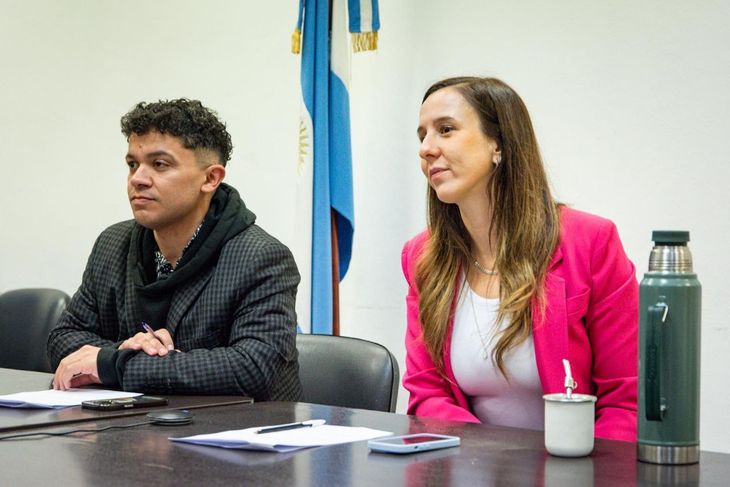
The look in 2025
In the run-up to next year’s electoral assembly, the distance between the former president Cristina Kirchner and Governor Kicillof complicates the prediction of how the Peronist lists will be defined. In recent years, Máximo Kirchner, national deputy and leader of La Cámpora, had the pen when it came to preparing the payrolls, ensuring spaces for his representatives in each section.
From the sector that promotes the leadership of Kicillofinsist that the governor must participate at the decision-making table. They consider that reinforcing the presence of their own leaders on the ballots will not only guarantee governability, but will also strengthen a political front capable of confronting Javier Milei. For its part, the Renewal Front of Sergio Massa will demand its quota of representation in the legislative chambers.
At the same time, LLA is working hard on its provincial assembly to be able to go with its own candidates on the lists and avoid leaks, as happened in 2023. At that time, not having a party, Milei had to forge electoral alliances with the Democratic Party (PD). , Unión Celeste y Blanco (UCyB), Renovador Federal (RF) and Partido Fe and give up spaces on the payrolls, which resulted in some elected legislators later abandoning the libertarian space to form their own blocks in the Senate and the Buenos Aires Chamber of Deputies, separated from the libertarians.
Now, with its own seal, LLA plans to form lists made up exclusively of loyal leaders, avoid internal leaks and consolidate itself as a cohesive bloc after its electoral debut in 2023. In this context, the possibility of an alliance being formed in this jurisdiction with the PRO will depend on the macro agreement that they define -or not- Mauricio Macri and Milei.
Ballot Box Elections.jpg
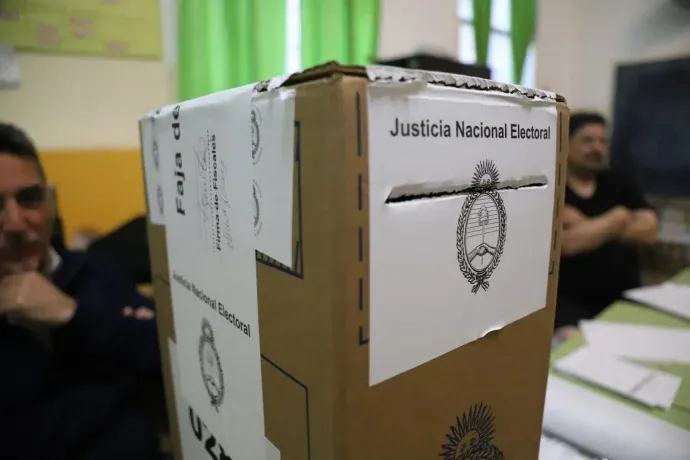
Ignacio Petunchi
In midterm elections, the ballot boxes usually function as a management thermometer. For Buenos Aires Peronism and, in particular, For Kicillof, the 2025 elections are decisive. The number of deputies and senators that he manages to incorporate into the Legislature will define whether he can face the last stretch of his mandate with sufficient support to approve key laws, such as the one that seeks to create a state health emergency company, the one that establishes the mandatory nature of the 3-year class in initial education, one to promote the audiovisual sector and the approval of budgets and debt requests.
Thus, the electoral outcome will be crucial to define the course of the next two years in the province and will lay the political foundations for the 2027 presidential race. Whether Kicillof manages to navigate the final stretch of his administration with stability and strength will depend on the result. parliamentary or if, on the contrary, it faces a broader and more belligerent opposition that complicates its administration in a scenario of growing fragmentation and polarization.
Source: Ambito
I am Pierce Boyd, a driven and ambitious professional working in the news industry. I have been writing for 24 Hours Worlds for over five years, specializing in sports section coverage. During my tenure at the publication, I have built an impressive portfolio of articles that has earned me a reputation as an experienced journalist and content creator.

